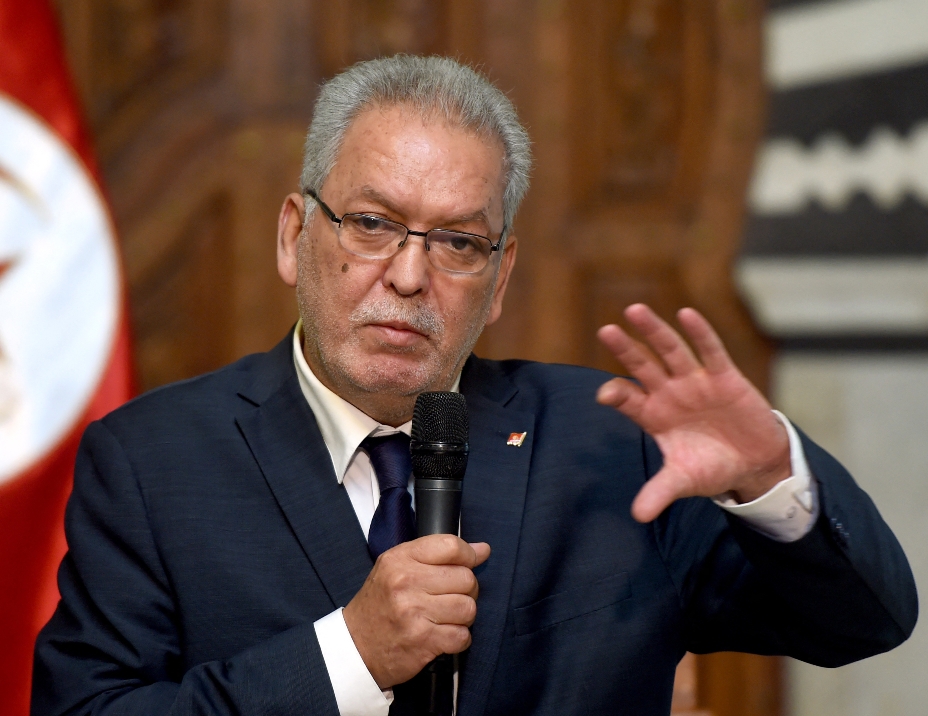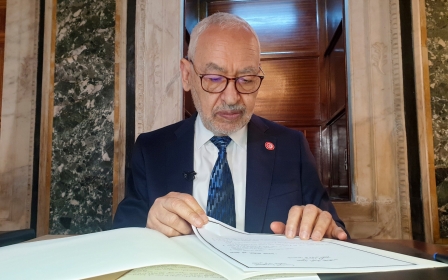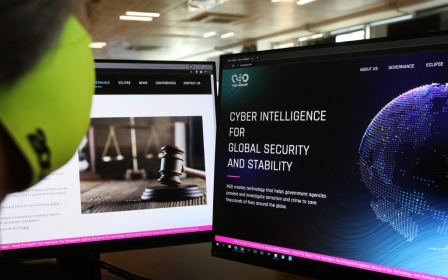Pegasus: Saudi Arabia 'targeted phone' of UN investigator into Yemen war crimes

A UN investigator, who was probing possible war crimes by the Saudi-led coalition in Yemen, was targeted with spyware made by Israel’s NSO Group, a forensic analysis of his device has found.
Kamel Jendoubi, a former Tunisian minister who served as the chairman of the now defunct Group of Eminent Experts in Yemen (GEE), was targeted in August 2019, experts at Amnesty International and the Citizen Lab at the University of Toronto have found.
Data suggests that Jendoubi was selected as a potential surveillance target by Saudi Arabia, the Guardian reported on Monday.
The kingdom was a longtime client of NSO before it was dropped earlier this year after claims that it had abused the surveillance tool.
The targeting is said to have taken place just weeks before Jendoubi and the GEE, a panel mandated by the UN to investigate possible war crimes, released a damning report into the actions of the Saudi-led coalition in the Yemen war, according to the British newspaper.
Many of the violations "can lead to the conviction of persons for war crimes if referred to an independent and competent tribunal" concluded the investigators, who also called on the international community to refrain from selling arms to the various parties in the war.
Jendoubi's phone number was on a list of 50,000 phone numbers that appear to be targets identified by NSO's clients to be spied upon using its Pegasus software.
The leaked numbers formed the basis of an investigation earlier this year by Amnesty International, Forbidden Stories and a group of international media organisations.
Named the Pegasus Project, the investigation found that the spyware was used in hacks of smartphones belonging to journalists, officials, human rights activists and political leaders.
'Rogue state'
Jendoubi, who has served as a member and president of several human rights associations, told the Pegasus Project that the targeting of his phone marked the actions of a “rogue state”.
“There are no other words. As international investigators, we are supposed to be at least protected," he said.
"But I am not at all surprised. I’ve been apprehensive about this since 2019.
“We knew that we [the panel] could be potentially targeted since the publication of our 2018 report.
"That report had created a shock in Saudi Arabia and the UAE. They did not expect such findings.”
In response to questions about the allegations, an NSO spokesperson told the Guardian: “Based on the details you have provided us we can confirm that Kamel Jendoubi was not targeted by any of our current customers”.
The Saudi embassy in Washington did not respond to a request for comment from the newspaper.
Jendoubi said he did not believe that his work had been compromised on the targeted device because he had used another phone to conduct his work.
'Incentives and threats'
Earlier this month, the Guardian reported that the GEE's investigation into possible war crimes in Yemen was closed down after an intensive lobbying campaign by Saudi Arabia.
Sources with close knowledge of the process said that Saudi Arabia had used “incentives and threats” to force members of the UN Human Rights Council to vote against extending the investigation.
The Saudi-led coalition first intervened in Yemen in March 2015, after Houthi rebels seized control of the capital Sanaa and began closing in on Aden, prompting Abd Rabbuh Mansour Hadi, president of the internationally recognised government, to flee to Riyadh.
The death toll of the war, now in its seventh year, will reach an estimated 377,000 by the end of 2021, according to a recent report from the UN's Development Programme.
The fighting has seen some 80 percent of the population, or 24 million people, relying on aid and assistance, including 14.3 million who are in acute need.
Middle East Eye delivers independent and unrivalled coverage and analysis of the Middle East, North Africa and beyond. To learn more about republishing this content and the associated fees, please fill out this form. More about MEE can be found here.






